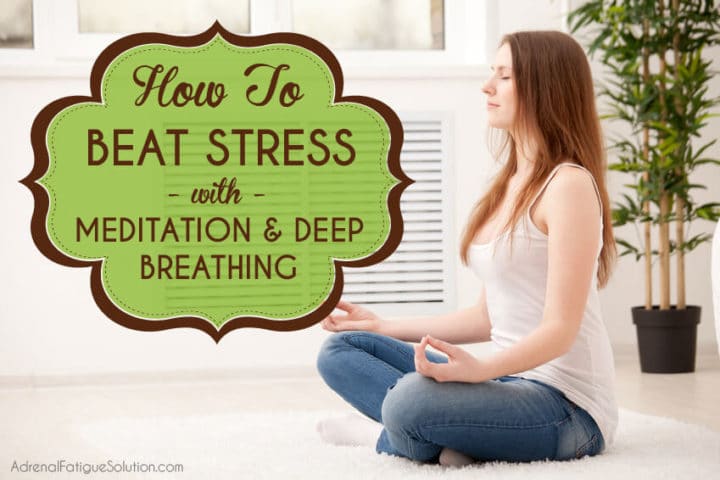Stress is an inevitable part of life. It’s hard wired into our brains as a protective mechanism. In the past, it helped us to avoid the threats and dangers of predators out to eat us. Even though these threats have (largely) disappeared, the stress response has stayed on. Today, we experience stress mainly from work, school, and relationships. One inexpensive and accessible way to deal with stress is meditation. While nothing can completely eliminate stress, meditation can greatly alleviate it. Read on to find out more about this mind-body practice and how it can work for you!
What is Meditation?
Most people associate meditation with sitting quietly and keeping their eyes closed. While this is one form, meditation encompasses several different practices. Meditation is a practice that dates back to the earliest origins of man, is practiced by societies all over the world, and is a central component of several religions. When used for relaxation and stress relief, it can be considered a type of medicine where the mind and body complement each other.
Simply put, meditation is a type of mental exercise where one focuses on contemplation or reflection in order to attain a state of relaxation or peace.
How Does Meditation Help?
In scientific studies, meditation has been repeatedly shown to enhance both physical and mental health. Some of the emotional benefits of meditation include:
- Reduction of negative emotions
- Improved stress management skills
- A new perspective on stress triggers
- Increased self-awareness
When we experience stress, the body enters fight or flight mode. As a result, stress-related hormones like cortisol flood the bloodstream. While these hormones are useful in the short term, they can cause problems like adrenal fatigue if they remain in the body for long periods of time. The relaxation response is what neutralizes the flood of stress induced hormones. When we use meditation to manage stress, the main goal is to engage the relaxation response.
What Are The Basics?
Despite the different forms of meditation available, they will all share certain common elements. When you begin to explore meditation, your first attempts will include some or all of the following, at a minimum:
- Quiet setting
A space free from distractions like television or loud conversation is needed to make it easier to focus. Taking some time out for yourself is something you should be doing on regular basis. - Comfortable position
Meditation can be practiced lying down, sitting or even while walking. Comfort is important because it is one less distraction. - Relaxed breathing
Even meditation that is not called deep breathing will still incorporate some type of deep, even paced breathing. - Focused attention
This frees the mind from concentrating on the issues that cause stress. Depending on the type of meditation you use, you might be directed to focus on a specific object, a mantra, your breathing or an image.
Which Technique Is Best?
There are several techniques that are very useful for treating stress. Based on how you respond to stress, some techniques may be more useful to you than others.
If you respond to stress by: becoming depressed or withdrawn
Try: A stimulating relaxation technique like rhythmic exercise
If you respond to stress by: becoming agitated
Try: A calming relaxation technique like deep breathing
If you respond to stress by: Freezing up externally while speeding up internally
Try: A reboot relaxation technique like power yoga
Here are some techniques you might want to try:
Deep Breathing
Great for: Beginners
Sit or lie down comfortably. Take deep breaths in through the nose and out through the mouth. Focus on breathing from the lower abdomen, using your diaphragm instead of your upper chest. If sitting, place one hand on your stomach and one on your chest. If lying down, try placing a small book on your stomach. This will help you remember to breathe deeply from your core.
Mantra Repetition
Great for: At work
A mantra is a sound, word, or phrase that is repeated during meditation. It works well at work because you can do it at your workstation and say it in your head so as not to disturb co-workers.
Yoga or Tai Chi
Great for: Physical people, those who like group settings
Both of these techniques emphasize deliberate body movements and positions and controlled breathing. Take a class to avoid injury when learning the various poses.




I suffer from lots of anxiety and fear. I believe I suffer from adenal fatigue and high Histamine levels. I am not sure what to so. I have been everywhere and no one can help me. I am writing to get some possible advice from you.
Thank you.
Marguerite
Hi Marguerite. There are lots of strategies to reduce anxiety and stress. If you sign up for my newsletter you’ll receive a 7-day stress detox course that should give you some ideas. There is also lots that you can do through nutrition and supplementation, and I go into these in detail in my ebook. Best, Fawne